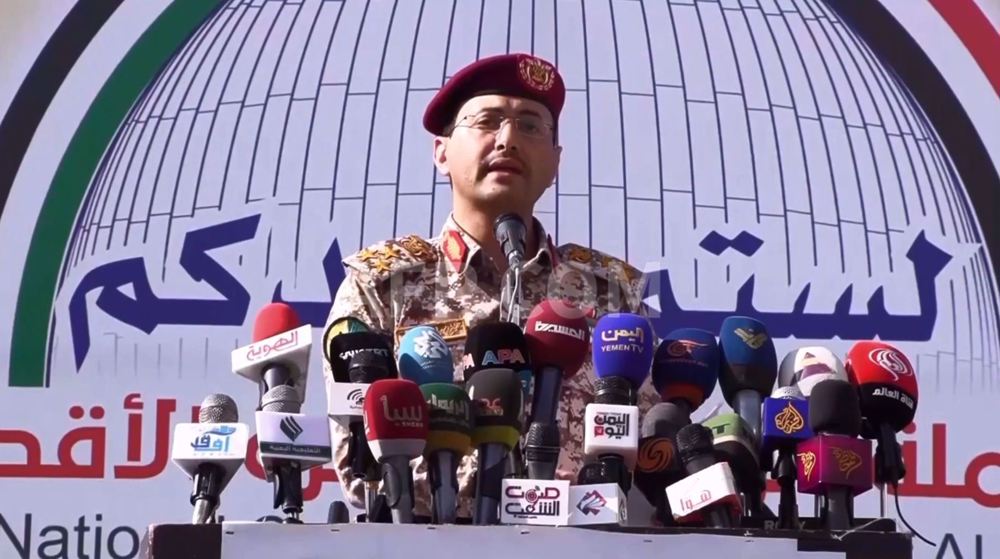Yemen resigned president sells foreign exchange reserves to pay salaries
Yemen's President Abd Rabbuh Mansur Hadi, who has resigned and fled the capital, has begun to sell the foreign exchange reserves in Aden’s central bank following his failure to pay the employees’ salaries.
According to Yemen’s Yemenat news website, Aden’s central bank has announced the selling of the US dollar reserves to Yemen’s exchange companies, banks, merchants and commercial corporations.
The news comes as the employees of Aden refinery went on strike on Wednesday for not being paid. According to an agreement between the syndicate of the refinery’s workers and local authorities, part of the salaries should have been paid.
In support of Hadi, Saudi Arabia has been pounding Yemen since March last year to undermine the Houthi Ansarullah movement and to restore power to him.
Nearly 10,000 people, most of them civilians, have been killed in Riyadh’s military aggression which lacks any international mandate.
Hadi’s inability to pay the employees comes as Saudi Arabia, the main supporter of the former president, is facing a budget deficit of nearly $100 billion. Riyadh's deficit has been caused by Saudi Arabia’s rising military expenditure, a large amount of which is being funneled into the country’s military campaign against Yemen.
In support of the former Yemeni president, the Saudi military has been pounding its impoverished southern neighbor since March last year to undermine Houthi Ansarullah movement and restore power to Hadi.
Nearly 10,000 people, most of them civilians, have been killed in Riyadh’s military aggression, which lacks any international mandate.
The Saudi budget has been also hit hard by low oil prices for which Saudi Arabia is the main party to blame as the kingdom has been obstinately refusing to decrease its crude output in order to cause a drop in global oil price.
Saudi Arabia, once known for its lavish public spending, has adopted austerity measures, including by canceling some bonuses offered to state employees and increasing entry visa fees for residents and foreigners.
VIDEO | The al-Qassam Brigades and Hamas' advanced weapons
‘Decapitated body’ among victims of Israeli raid on West Bank town
VIDEO | Global student fightback
Cut all ties with Israeli regime, Iran urges Muslim countries
VIDEO | Jewish movement for Palestine: 'Not in our name'
VIDEO | The legacy of Bobby Sands
VIDEO | Press TV's news headlines
VIDEO | Solidarity protest with US students at Sana'a university










 This makes it easy to access the Press TV website
This makes it easy to access the Press TV website